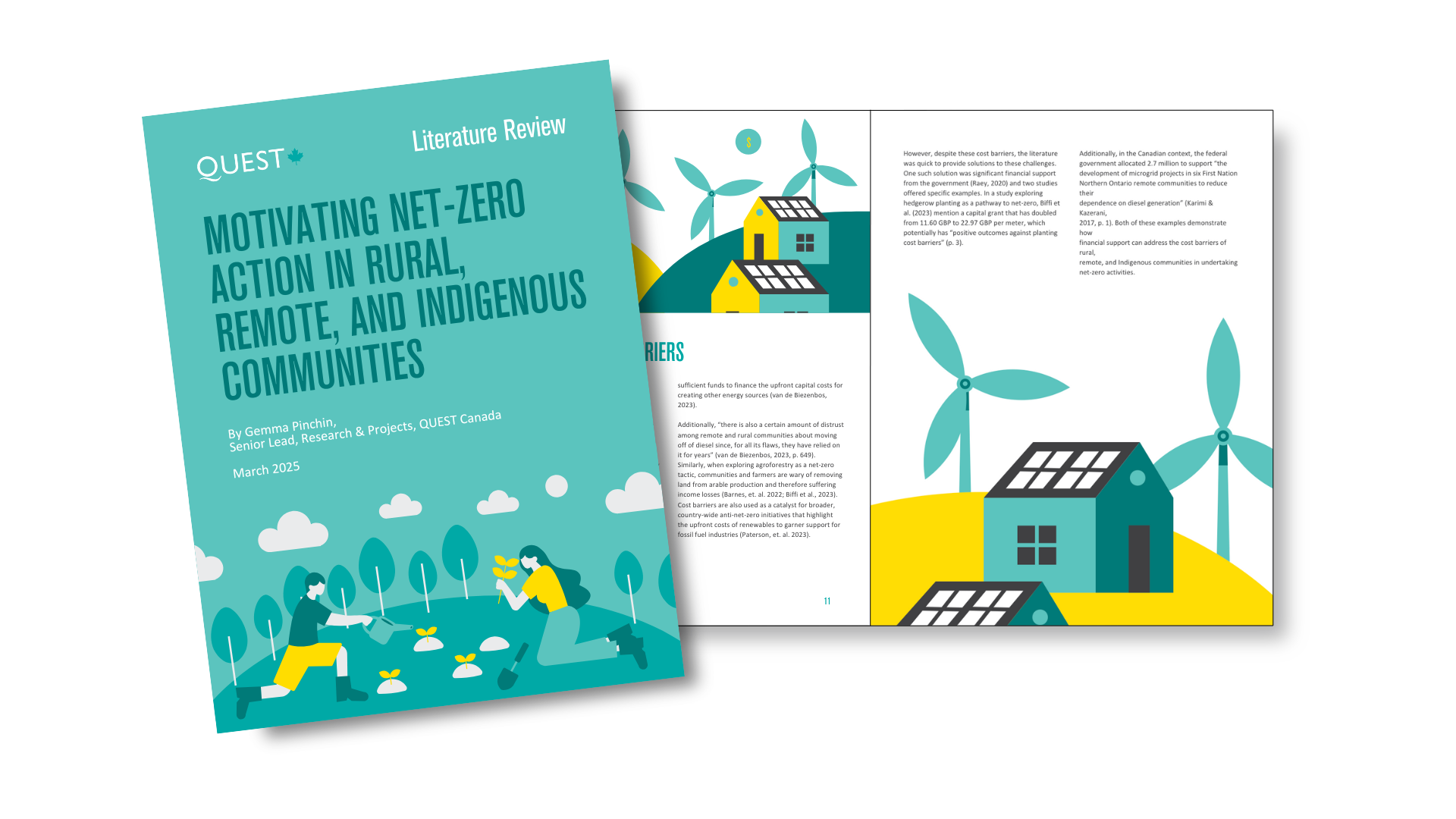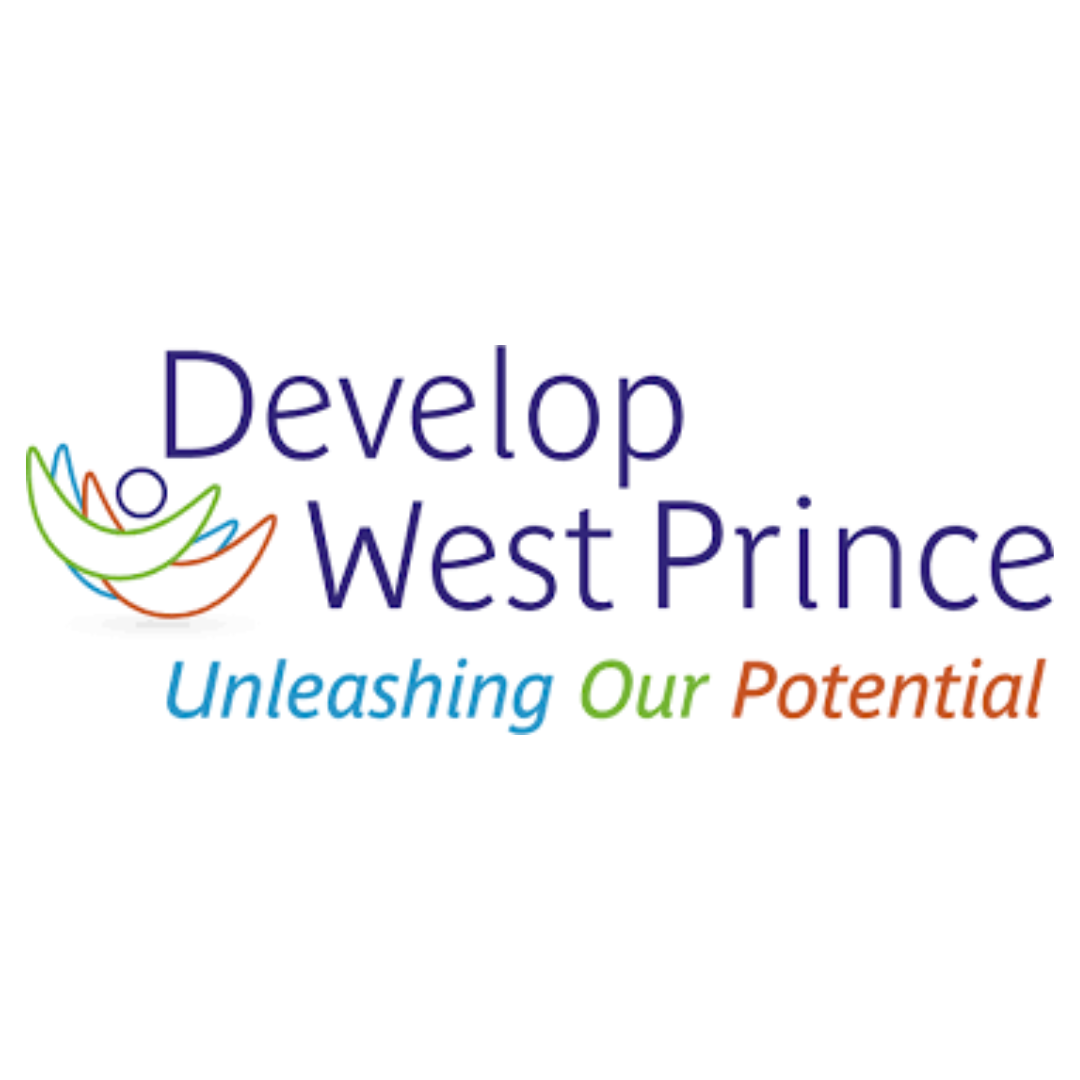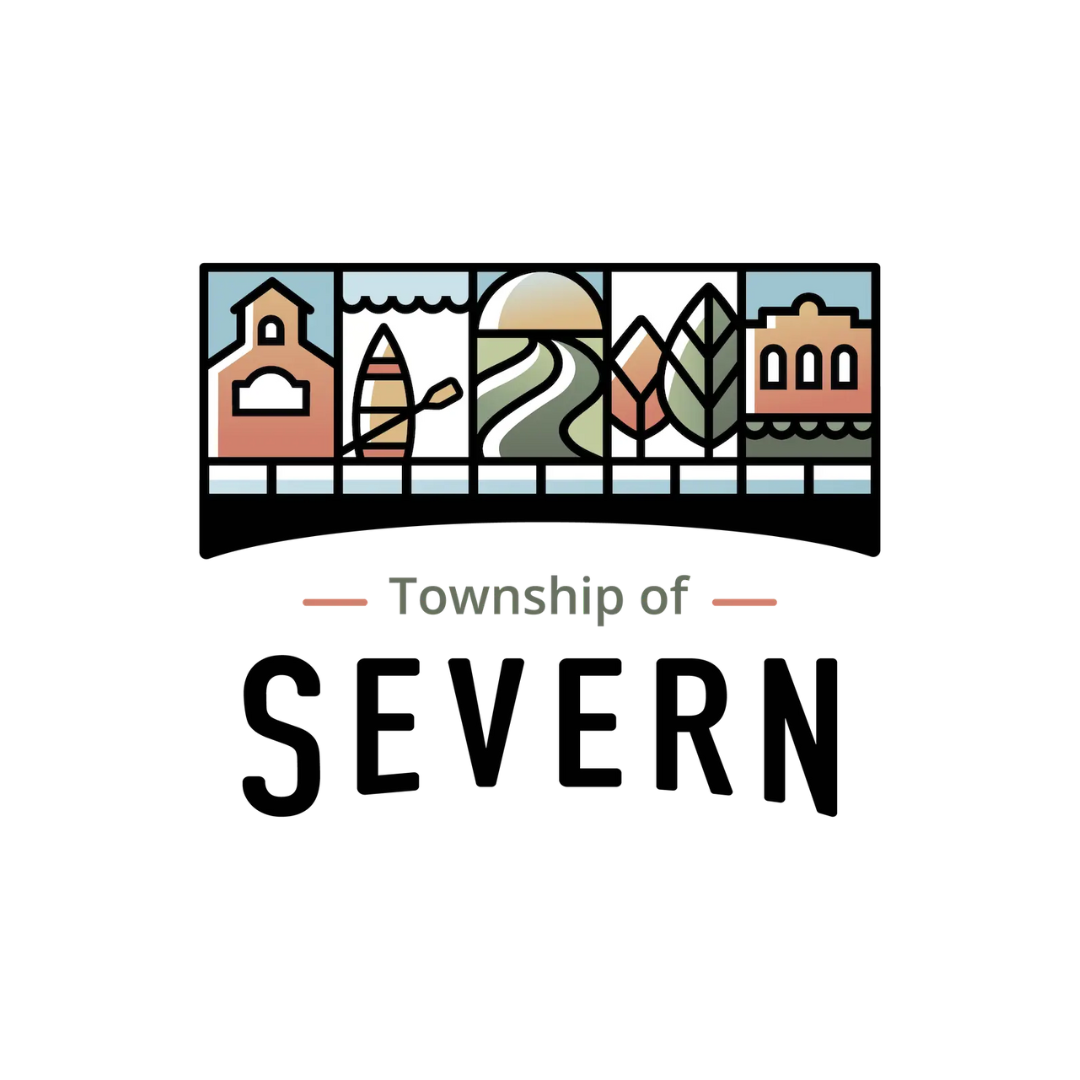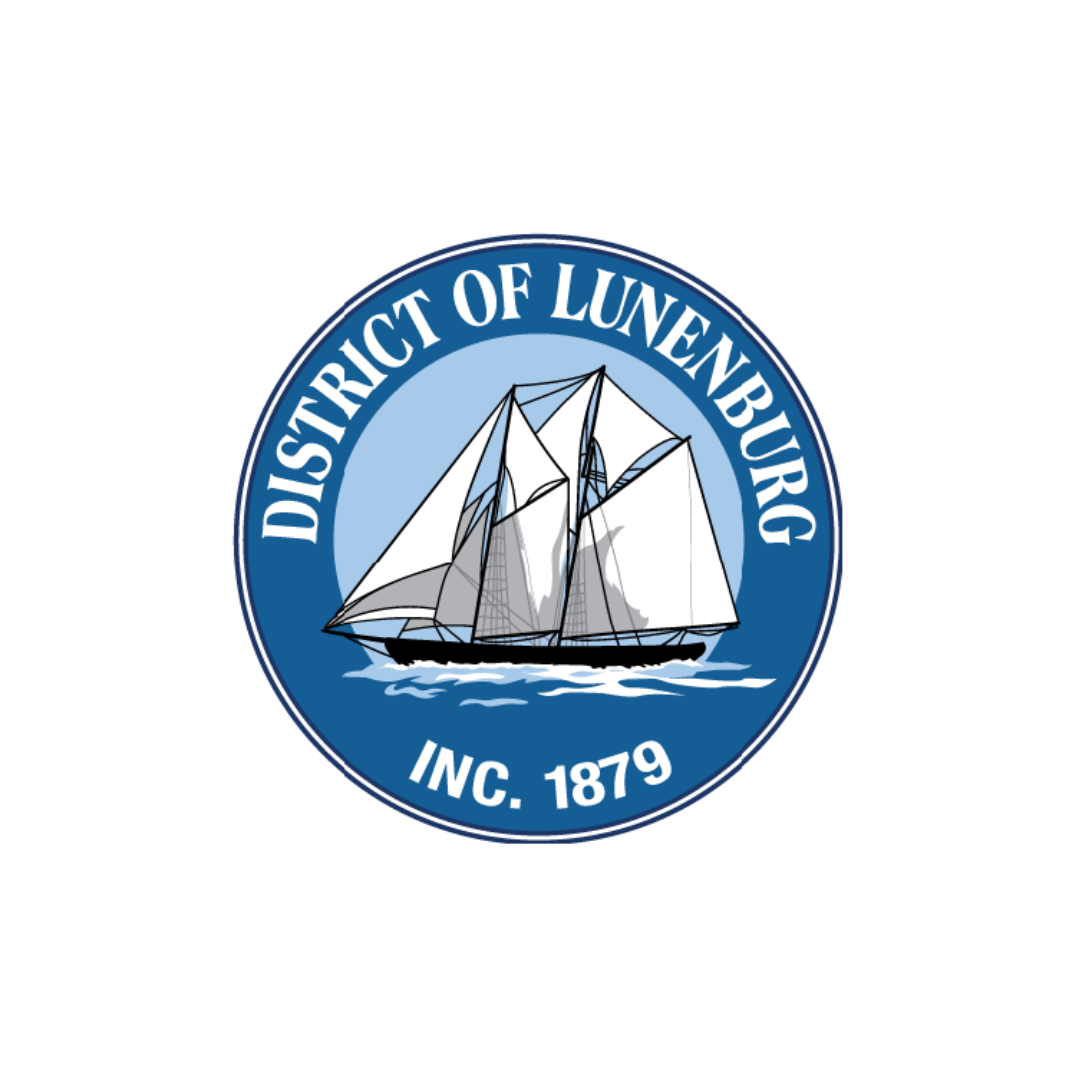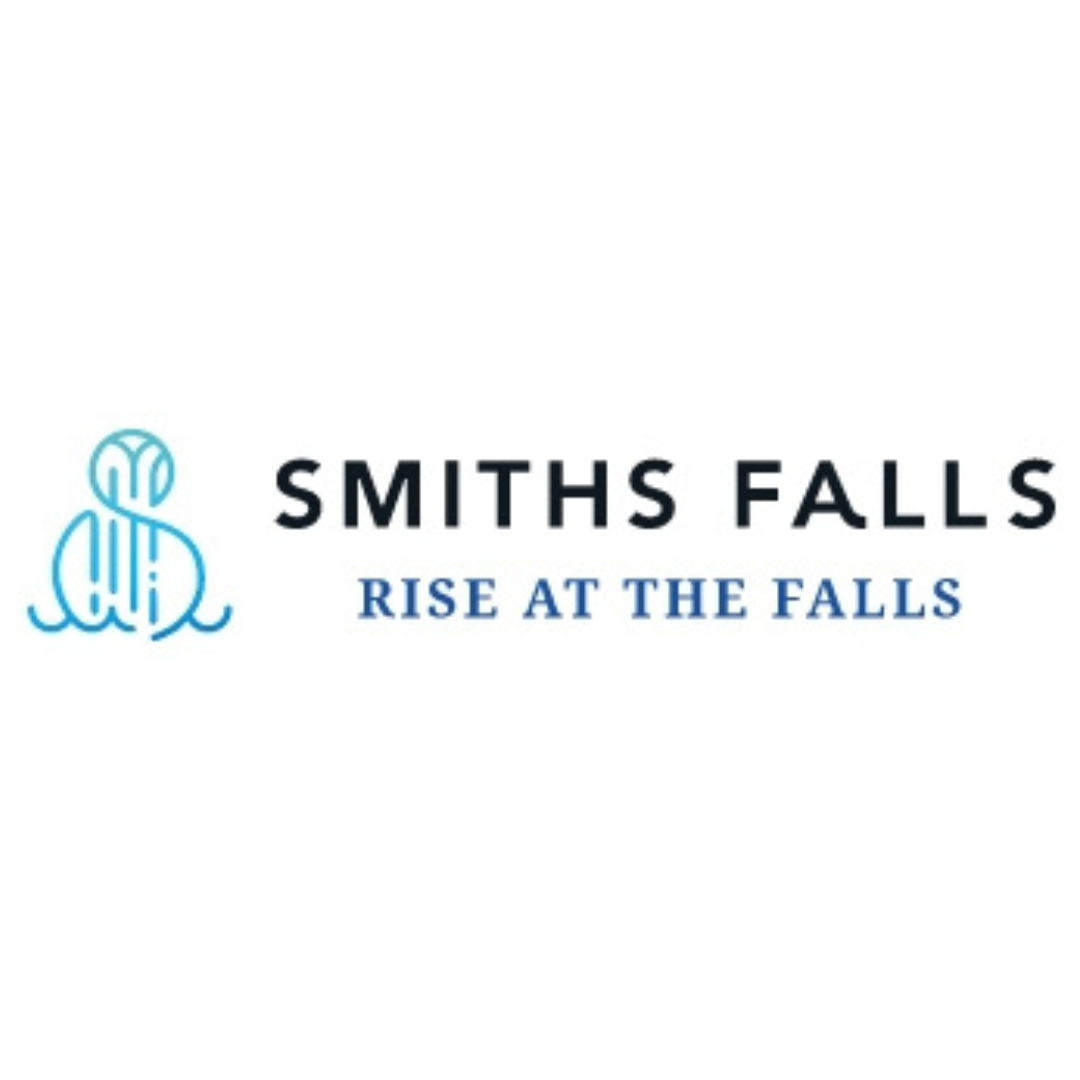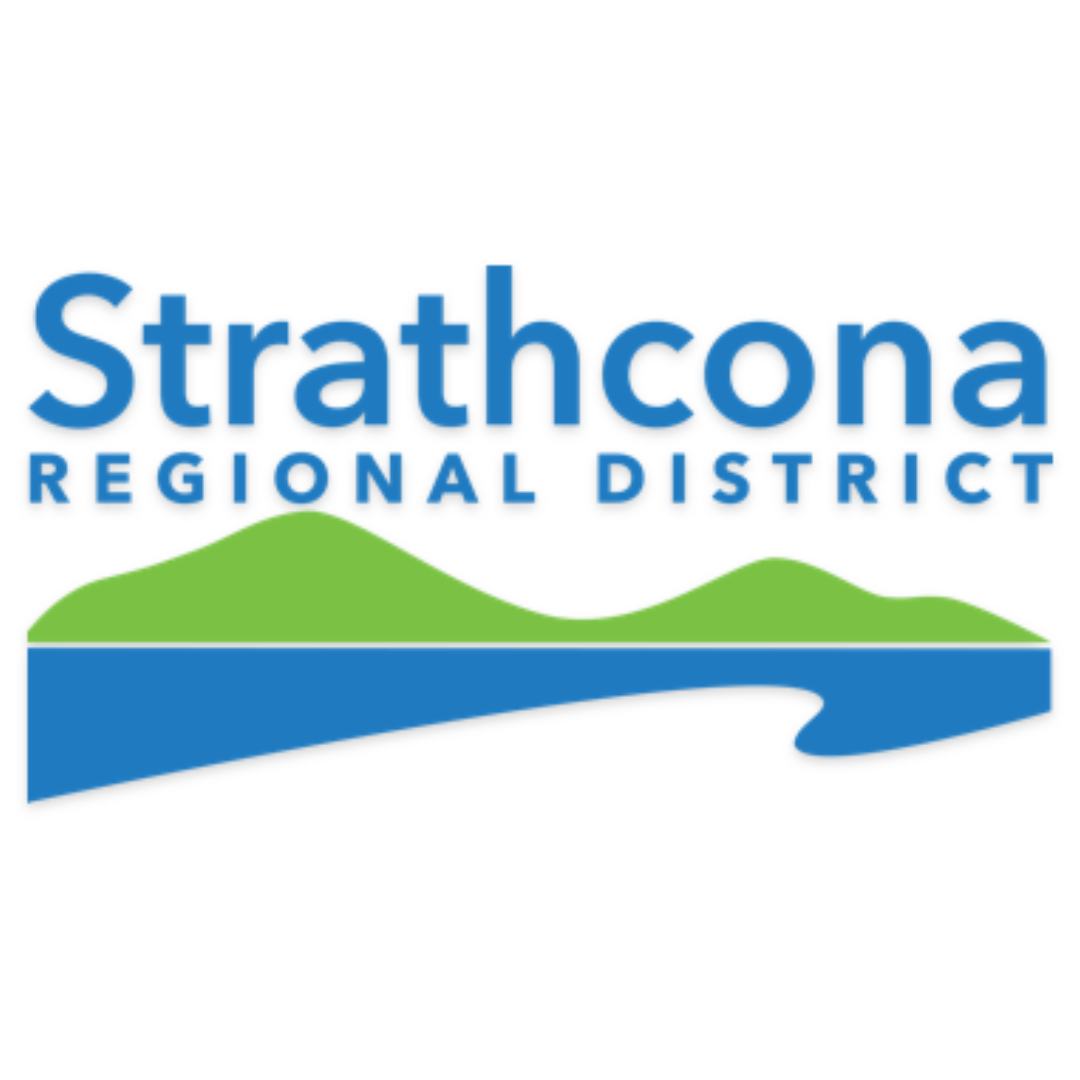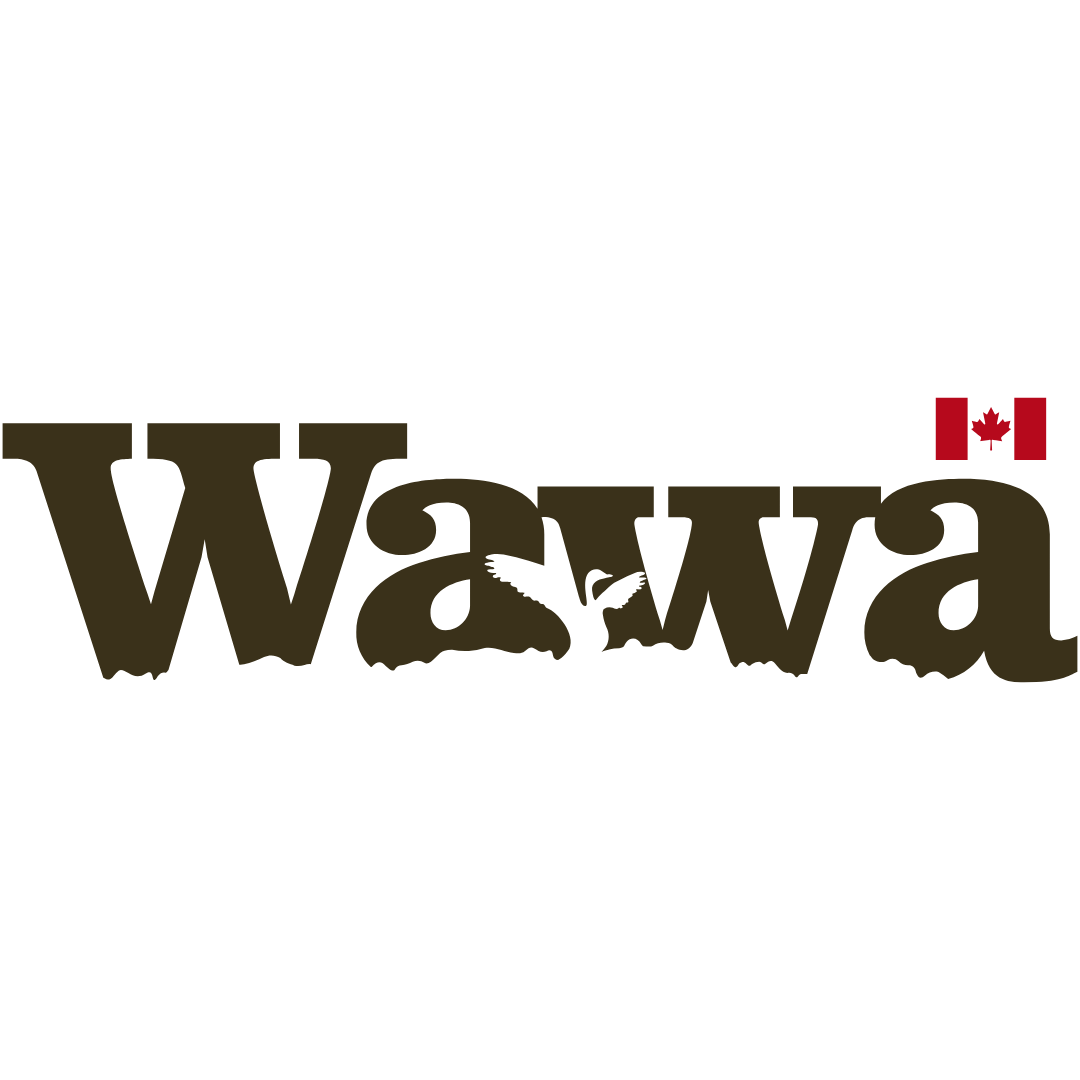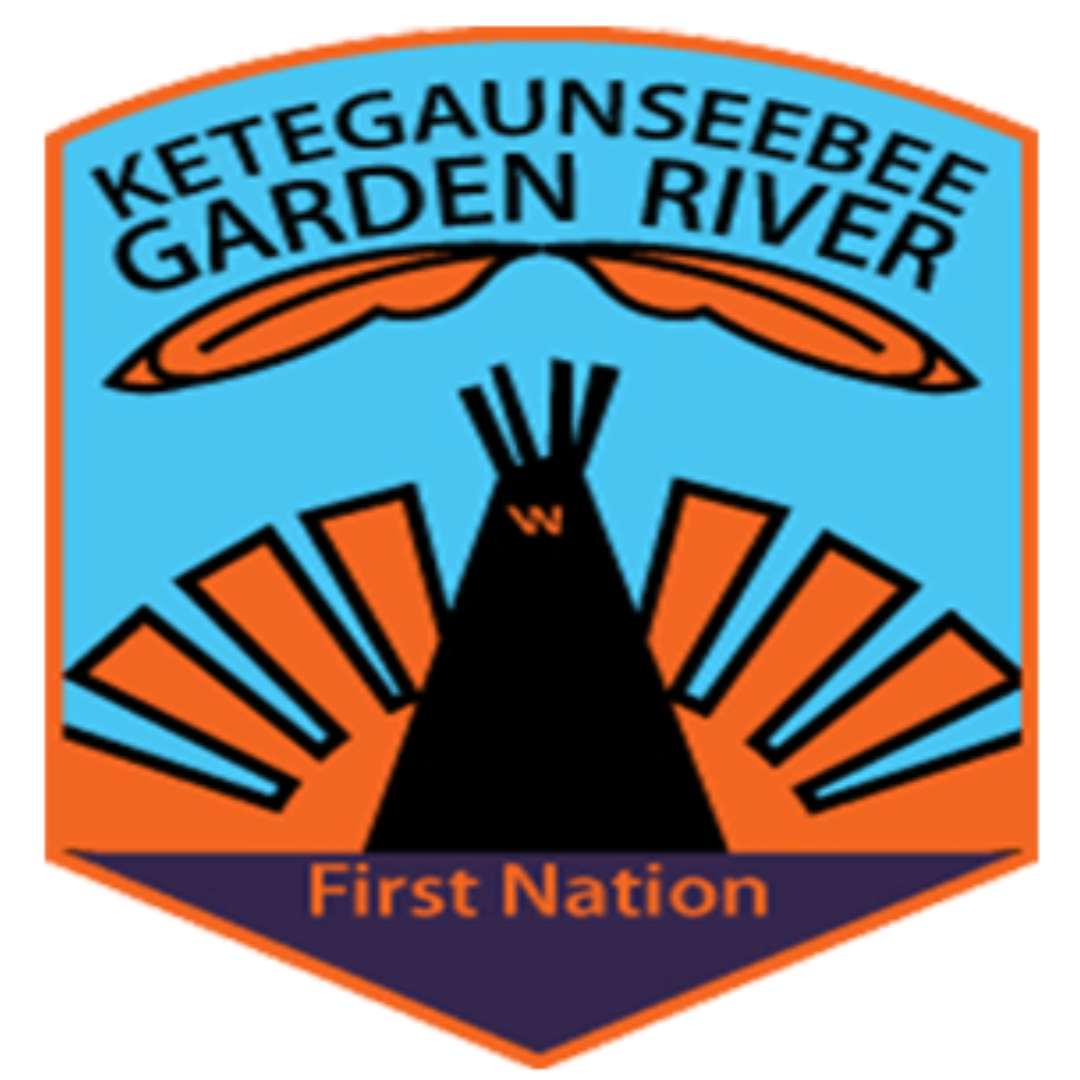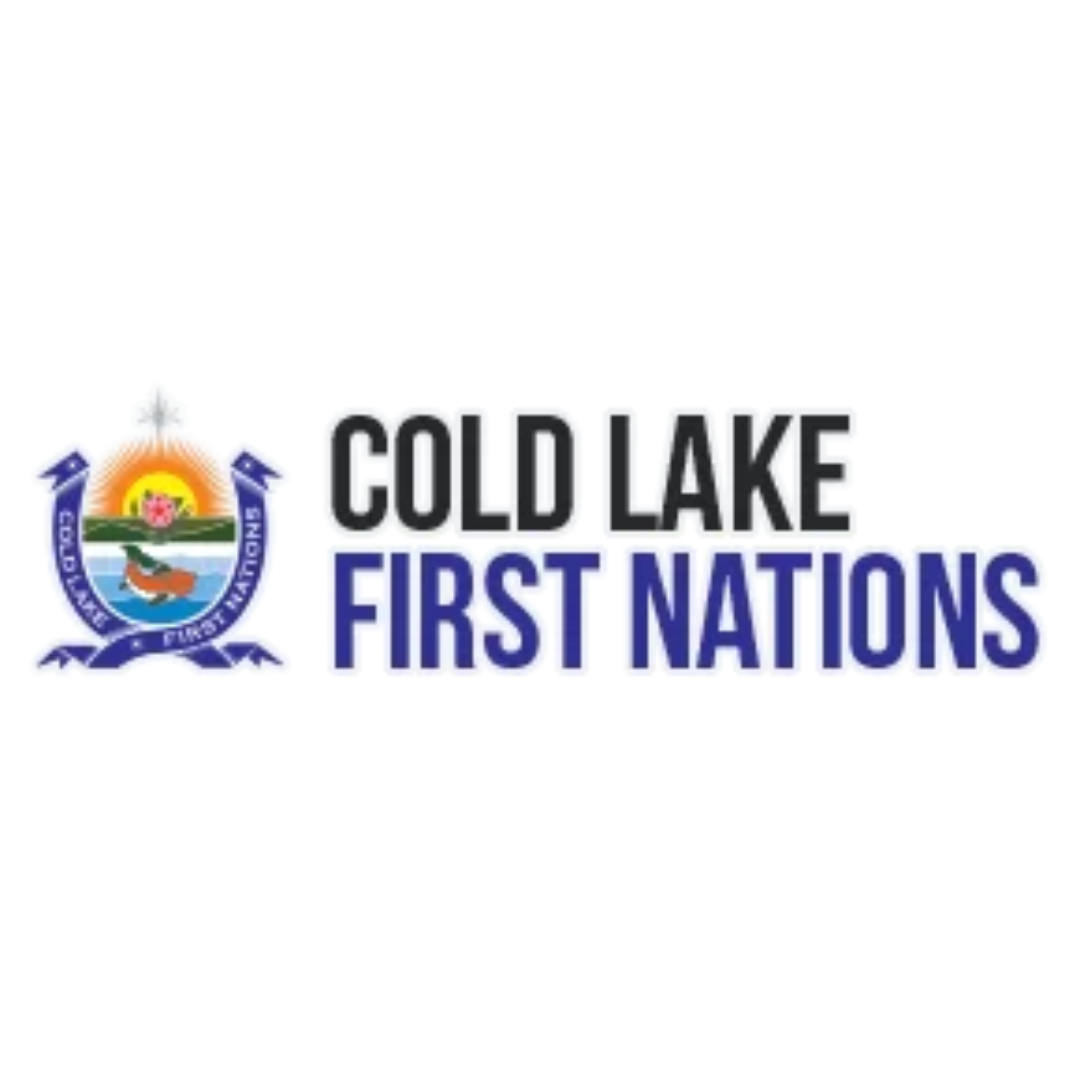
About the Project
QUEST Canada’s Motivating Net-Zero Action in Rural, Remote, and Indigenous Communities (MNZA) research project explores the motivations, challenges, and energy opportunities low-density areas across Canada face as they transition to net-zero.
When people imagine a net-zero energy future, they often think of urban centres. But with one in five Canadians living in rural communities, today’s urban-centric understanding of our energy transition leaves many communities underrepresented and overlooked.
If we want to ensure a just energy transition, this simply won’t do.
To work towards an inclusive transition, QUEST Canada launched a three-year research project in cooperation with a pan-Canadian advisory committee, and 15 rural, remote, and Indigenous communities across the country.
As part of the research project, a literature review was published, emphasizing that rural, remote, and Indigenous communities encounter unique needs, challenges, and opportunities in their pursuit of net-zero goals.
Titled Motivating Net-Zero Action in Rural, Remote, and Indigenous Communities, the review offers new insights into how these communities can benefit from a solutions-focused approach while addressing their unique socio-economic needs. It identifies six key themes to consider when examining these communities as the transition to net-zero emissions: rural space use, rural needs, cost barriers, socio-economic impacts, decolonization and self-determination, and disconnection. Each theme is explored in depth and will continue to inform the ongoing research.
To complement the literature review, QUEST’s final research report will include findings from each participating community, who will contribute first-hand insight and data via surveys, interviews and workshops. In addition to a final report, QUEST will also develop a jurisdictional scan to encourage and facilitate ongoing, community-level work towards a net-zero future.
Objectives
Explore
Explore the motivations for rural, remote, and Indigenous communities to consider and adopt changes that contribute to a net-zero future
Inform
Inform the development of net-zero strategies, policies, and opportunities in rural, remote, and Indigenous communities
Amplify
Amplify under-represented and marginalized community voices in net-zero decisions
Recommend
Provide recommendations to federal, provincial and territorial energy and climate policy makers that consider rural, remote, and Indigenous communities’ interests
Project Pathway
STEP 1
Establish an Advisory Committee
STEP 2
Literature Review
STEP 3
Community Recruitment & Research
STEP 4
Final Report
STEP 5
Jurisdictional Scan
Advisory Committee

Dr. Monica Gattinger
Director of the Institute for Science, Society and Policy, Full Professor at the School of Political Studies & Chair of Positive Energy at the University of Ottawa
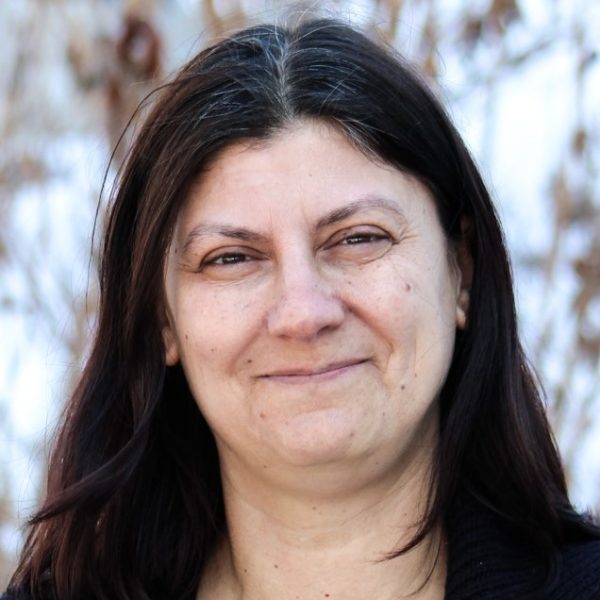
Gabriella Kalapos
Executive Director, Clean Air Partnership
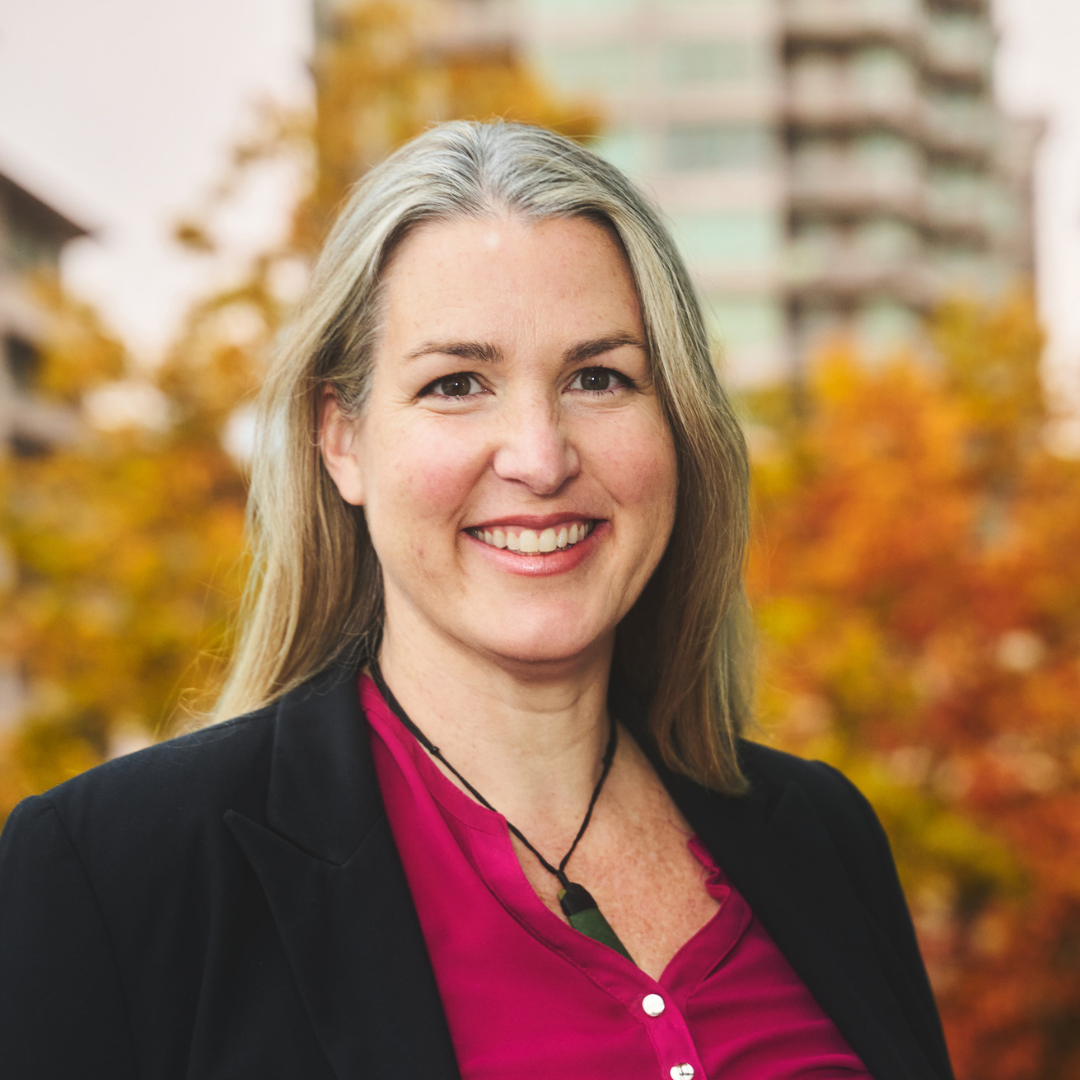
Dr. Julie MacArthur
Associate Professor and Canada Research Chair, Reimagining Capitalism, Royal Roads University

Dr. David Pearson
Professor, Department of Earth Sciences & Project Lead, Climate Change and Science Communication, Up North on Climate at Laurentian University
Literature Review
Titled Motivating Net-Zero Action in Rural, Remote, and Indigenous Communities, QUEST Canada’s literature review emphasizes that rural, remote, and Indigenous communities face a distinct set of needs, challenges, and opportunities as they pursue net-zero goals.
The review offers new insights into how these communities can benefit from a solutions-focused approach while addressing their unique socio-economic needs.
It identifies six key themes to consider when examining rural, remote, and Indigenous communities as the transition to net-zero emissions: rural space use, rural needs, cost barriers, socio-economic impacts, decolonization and self-determination, and disconnection.
The review’s findings emphasize the need for a tailored approach that acknowledges the unique energy needs, land use challenges, and socio-economic conditions of these regions, which are often very different from those in urban areas.
Participating Communities (to date)
Participating communities include rural and remote communities, with a population of 30,000 or less, comprised of local governments (Indigenous, municipal, regional, or a group of small municipalities and/or bands), or organizations applying on behalf of a local government or a group of local governments (i.e. a local energy distributor or not-for-profit organization).
Thanks to Our Funder
To support the mandate of Canada’s Net-Zero Advisory Body related to research, this project was undertaken with the financial support of the Government of Canada. Funding was provided through the Environmental Damages Fund’s Climate Action and Awareness Fund, administered by Environment and Climate Change Canada.
MNZA Project Contact
For more information about the project, please contact Gemma Pinchin, Senior Lead of Projects and Research at QUEST Canada.

